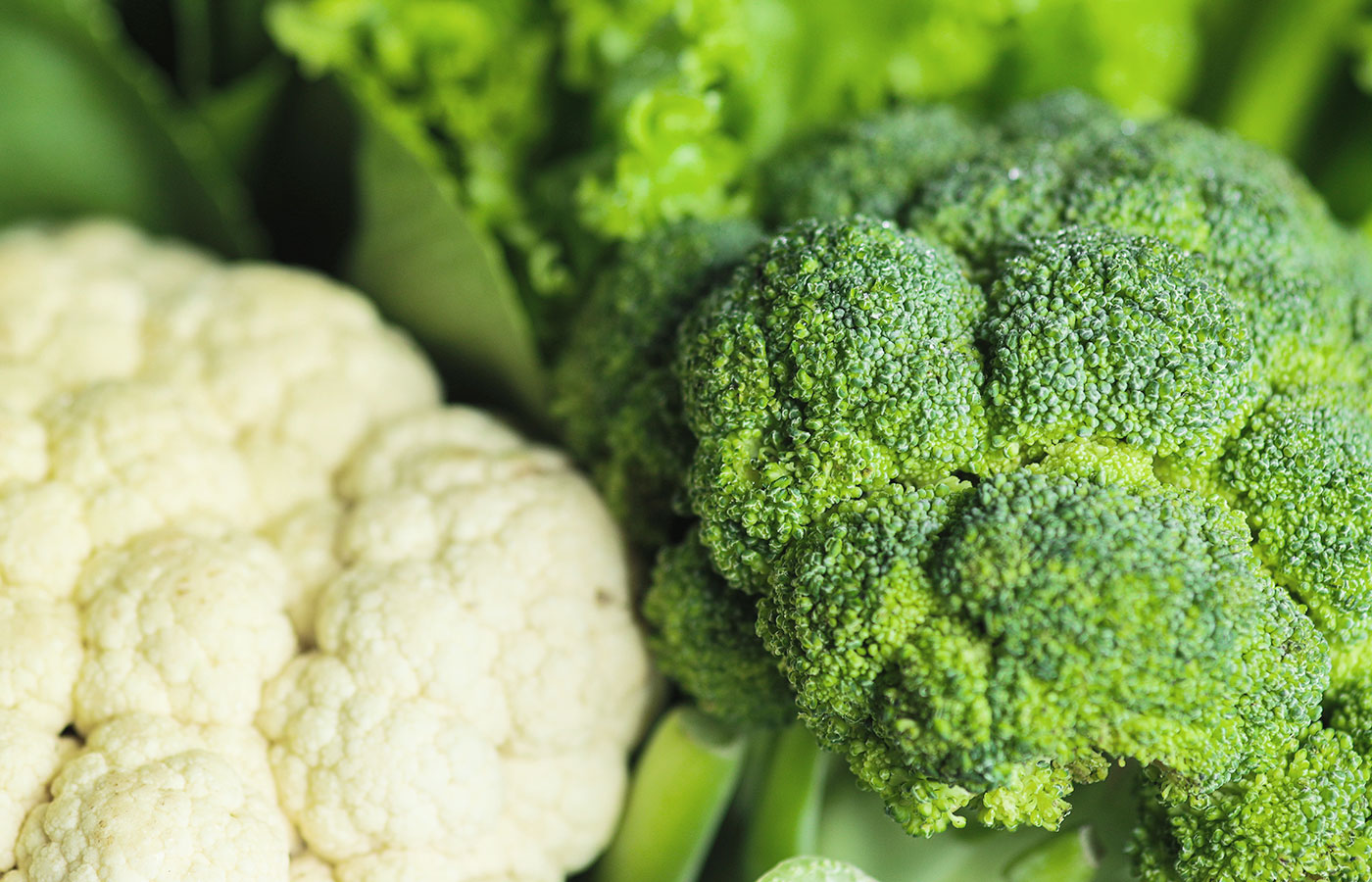I am convinced that many women “feel” fat when, really they are either bloated or retaining fluid. I have never once weighed a client, and actively encouraged clients not to weigh themselves. I do/did this for many reasons, one of which is that there are far better indicators for your health such as your energy, vitality, and the ease of your periods or menopausal symptoms, but another is certainly because as hormone levels fluctuate over the month, so can the amount of fluid being retained. Besides, when you weigh yourself, remember that all you are really doing is weighing your self-esteem.
I have met thousands of women who can gain three kilos (six pounds) in a day, and to say that this messes with their mind is an understatement. If you get on the scales in the morning and weigh 70 kilograms, and, by the evening, you weigh 73 kilos, especially if you have eaten nourishing foods and done some exercise that day (even if you haven’t eaten too nutritiously or exercised that day), it’s easy to feel incredibly disheartened and wonder how on earth this could possibly happen. It can add an additional layer of stress to an already overloaded mind… something else to worry about.
Remember this: it is not physically possible to gain three kilos of body fat in a single day. The only possible cause is fluid retention. Yet even though the logical part of the mind knows this, seeing three extra kilos on the scales over the course of just a day, or even a week, will make many women feel fat, anxious, impatient, frustrated, and generally lousy. As an aside, are you more likely to make nutritious food choices when you feel this way? Are you likely to be in an optimistic frame of mind when you feel fleshy and puffy and like there is not enough time in your day for everything you feel you are ‘supposed’ to be doing for your health… because if you are eating well and exercising and still gaining weight… and well, that must mean you have to find the time to do even more exercise and you don’t know where on earth that time is going to come from because you already can’t keep up… and that was all said in such a hurry that now you’re gulping for air!
There can be numerous factors behind fluid retention. These include poor lymphatic flow, a ‘congested’ liver from too many liver loaders, mineral deficiencies and imbalances, and poor progesterone production. From an emotional perspective, I encourage you to think about who or what you may be holding on to that no longer benefits you. Perhaps it is a belief that no longer serves you and your body is simply trying to wake you up to this and get you to change. So many of us fear change whether we realise it or not. Excess estrogen can be another likely culprit when it comes to fluid retention. It can also drive headaches, including migraines, increase blood clotting, cause PMS, and due to its relationship to progesterone, lead us to feel like we have to do everything in a rush. Big health consequences all because there might be too much of one little hormone!
To begin to bring your hormones back into balance, start with your breath. Diaphragmatic breathing, where your tummy (not your chest) expands when you inhale and your tummy shrinks back when you exhale, can help as this reduces the production of stress hormones, a scenario that fosters cyclical ovulation and hence progesterone production. Consuming more “real food” and less processed food, less refined sugar, caffeine and alcohol also aids in this process. And remember to be so kind to yourself.


